Tom Boggioni
January 26, 2024

Donald Trump frowning (Mandel Ngan:AFP)
Right after lawyers on both sides delivered closing arguments in the E. Jean Carroll defamation trial taking place in a Manhattan courtroom, CNN legal analyst Norm Eisen explained that Donald Trump could be ordered to pay over a quarter of a billion dollars in total damages.
Speaking with hosts Boris Sanchez and Briana Keilar, Eisen pointed out that Carroll's attorney Roberta Kaplan asked for compensatory damages of "up to $24 million," but that is not where it ends.
Pressed by the hosts about punitive damages that likely will be tacked on, Eisen said it was beyond the realm of possibilities that the jury would come back with a number in the billions, but there is a rule of thumb when it comes to "multipliers" used based on the compensatory amount.
And it could be very bad news for the former president.
ALSO READ: Behold: Donald Trump the chosen son — and religious con
"Damages are calculated into categories," he began. "There are compensatory damages, and we've just seen a request to make Carroll whole, things like hiring consultants, having a campaign to repair her reputation, the pain and suffering that she has endured: that's 24 million."
"Then to send lesson when a defendant is found to have acted with bad intent or malice, that he wanted to hurt E. Jean Carroll, you multiply that compensatory damages number by an X-factor," he continued.
"The factor can be quite high but there is a limit, they couldn't order billions in damages. Normally, the upper ceiling is about ten times compensatory. So, you could be looking here, if there is a true home run, and the proof is coming powerfully, the argument has been strong, and Trump wasn't allowed to speak. You could be looking at a multiple many times of $24 million. And that would send a message."
Watch below or at the link.
M.L. Nestel
January 26, 2024

Barry Willilams/New York Daily News/TNS
Trump's accuser hit him where it hurts — his bottom line.
Roberta Kaplan, attorney for E. Jean Carroll, believes money may talk, but it also silences.
"All he really understands is money and so you should award an amount of money that should make him stop," she said
Carroll, 80, won an $83.3 million jury verdict, proving in court that she suffered ridiculing in public again and again by former President Donald Trump, 77, years after coming forward to attest to being sexually assaulted inside of a Bergdorf Goodman dressing room back in the 1990s.
There is still a pause for Kaplan on whether the hit to his pocketbook will work as a kind of money muzzle. But she specifically didn't rule out future litigation against Trump.
Trump notably nixed Carroll's name when he responded to the steep sum imposed by the jury inside of the Manhattan federal courtroom on Friday.
"Absolutely ridiculous," he wrote in a post on Truth Social, vowing to contest it. "I fully disagree with both verdicts, and will be appealing this whole Biden Directed Witch Hunt focused on me and the Republican Party."
Kaplan believes Trump did himself zero favors when he and his entourage stood up and stormed out of the courtroom while she was offering her closing arguments.
Kaplan was in the process of telling the jury that the 45th president had the gall to call Carroll's sexual abuse allegations against him a "con job."
"I think it hurt him terribly," she said. "Our whole case is about the fact Donald Trump is unable to follow the law, unable to follow the rules. He thinks they don't apply to him."
And she said Trump's cruelest thing Trump did to Carroll beyond the physical attack, was his effort to repeatedly cut her down in public as being a "liar" and a "whack job.
"And as bad as what he did to E. Jean Carroll was and the sexual assault was terrible and as horrifying as the defamation was back in 2019 — the most amazing shocking part of it all is he kept on doing it, and he kept on doing it even during the trial."
She added: "What other person thinks they can openly break the law over and over again? Donald Trump."







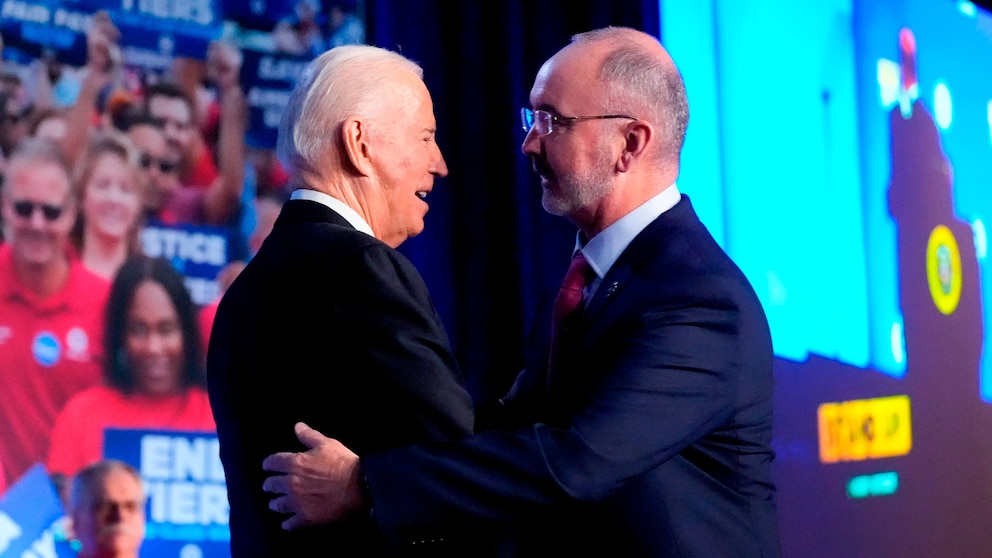





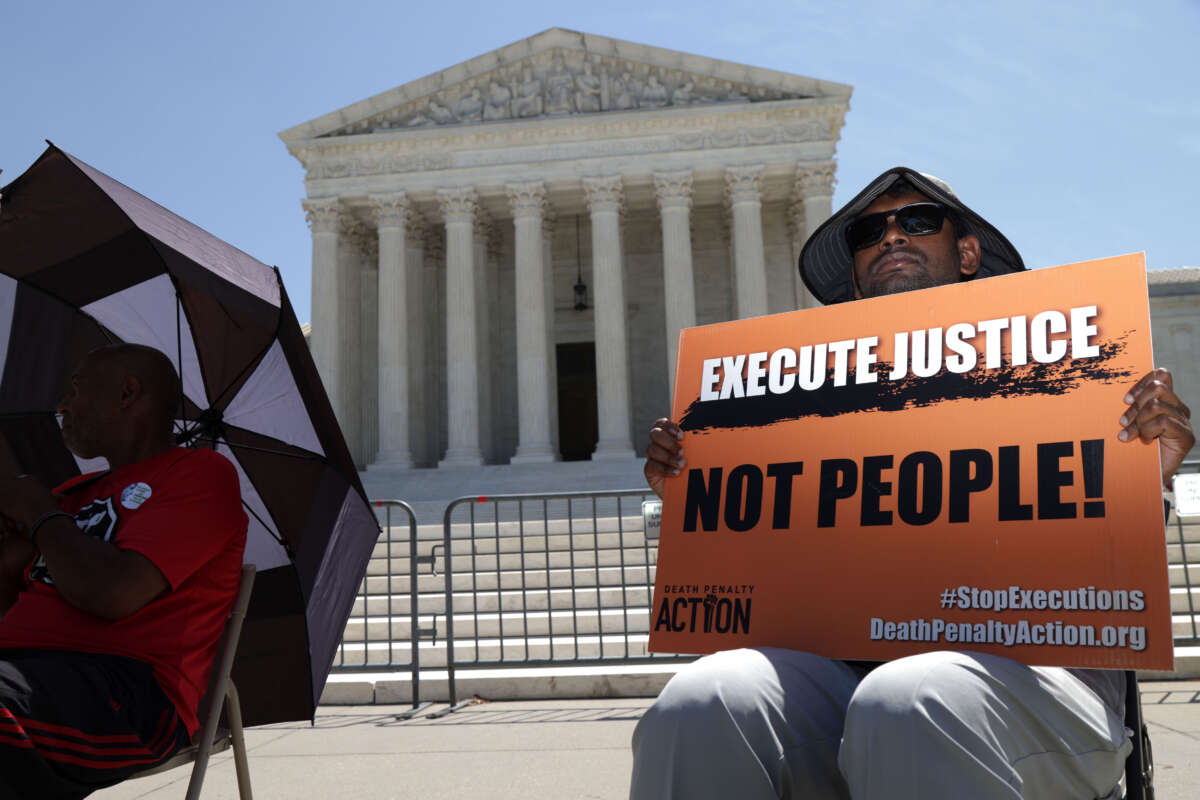

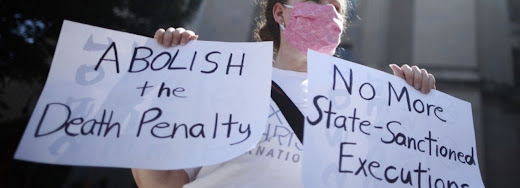



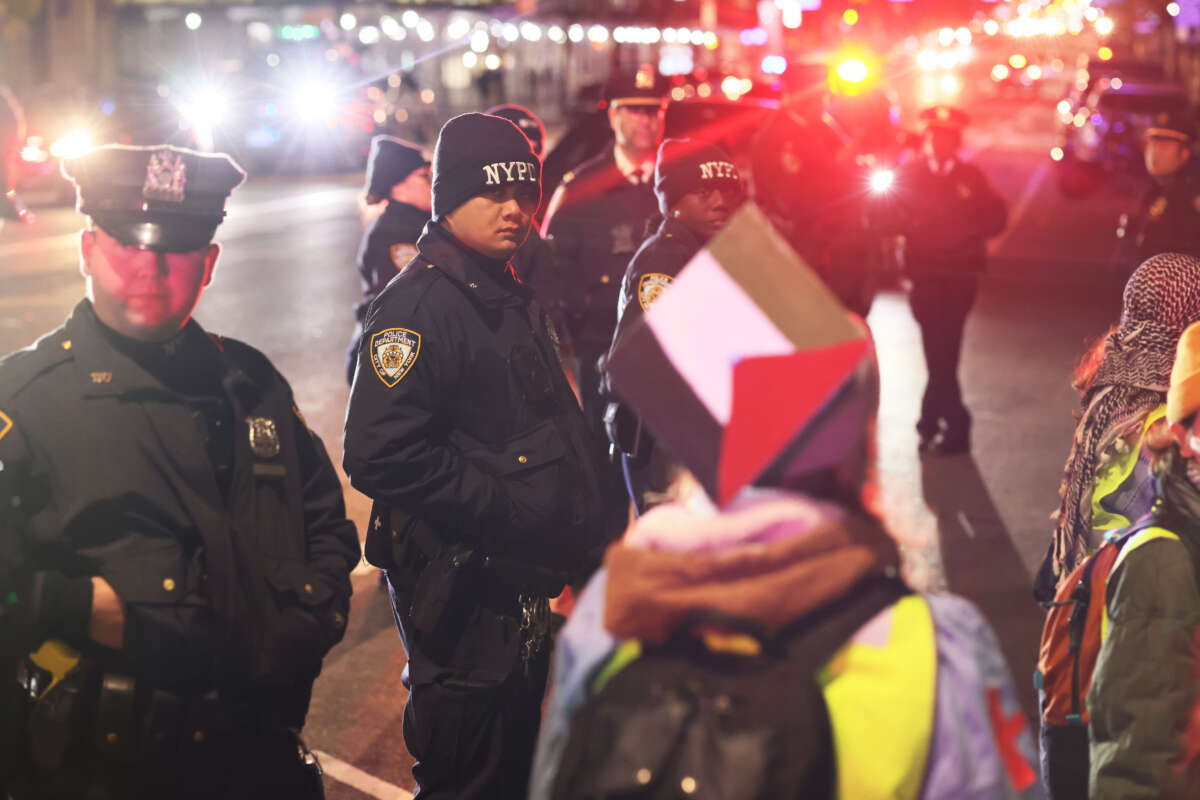
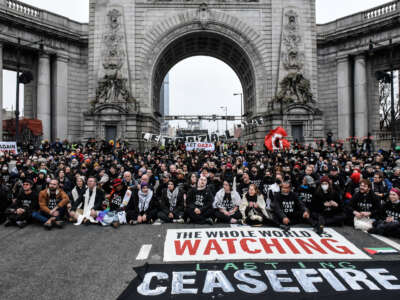
 People inspect damage to their homes caused by Israeli air strikes, on January 18, 2024, in Rafah, Gaza.AHMAD HASABALLAH / GETTY IMAGES
People inspect damage to their homes caused by Israeli air strikes, on January 18, 2024, in Rafah, Gaza.AHMAD HASABALLAH / GETTY IMAGES